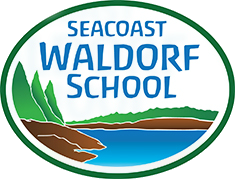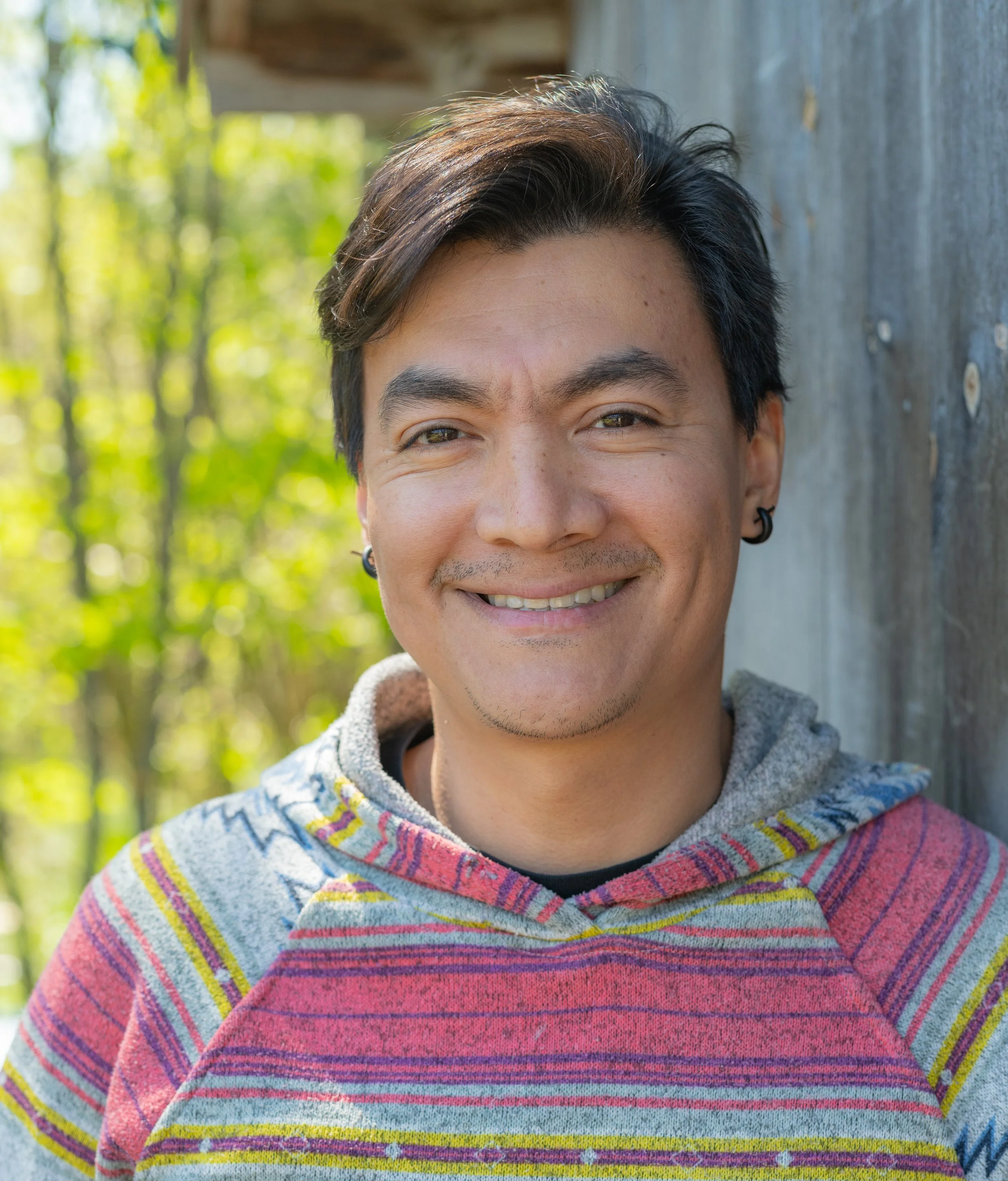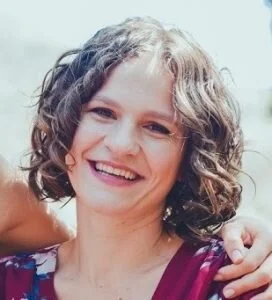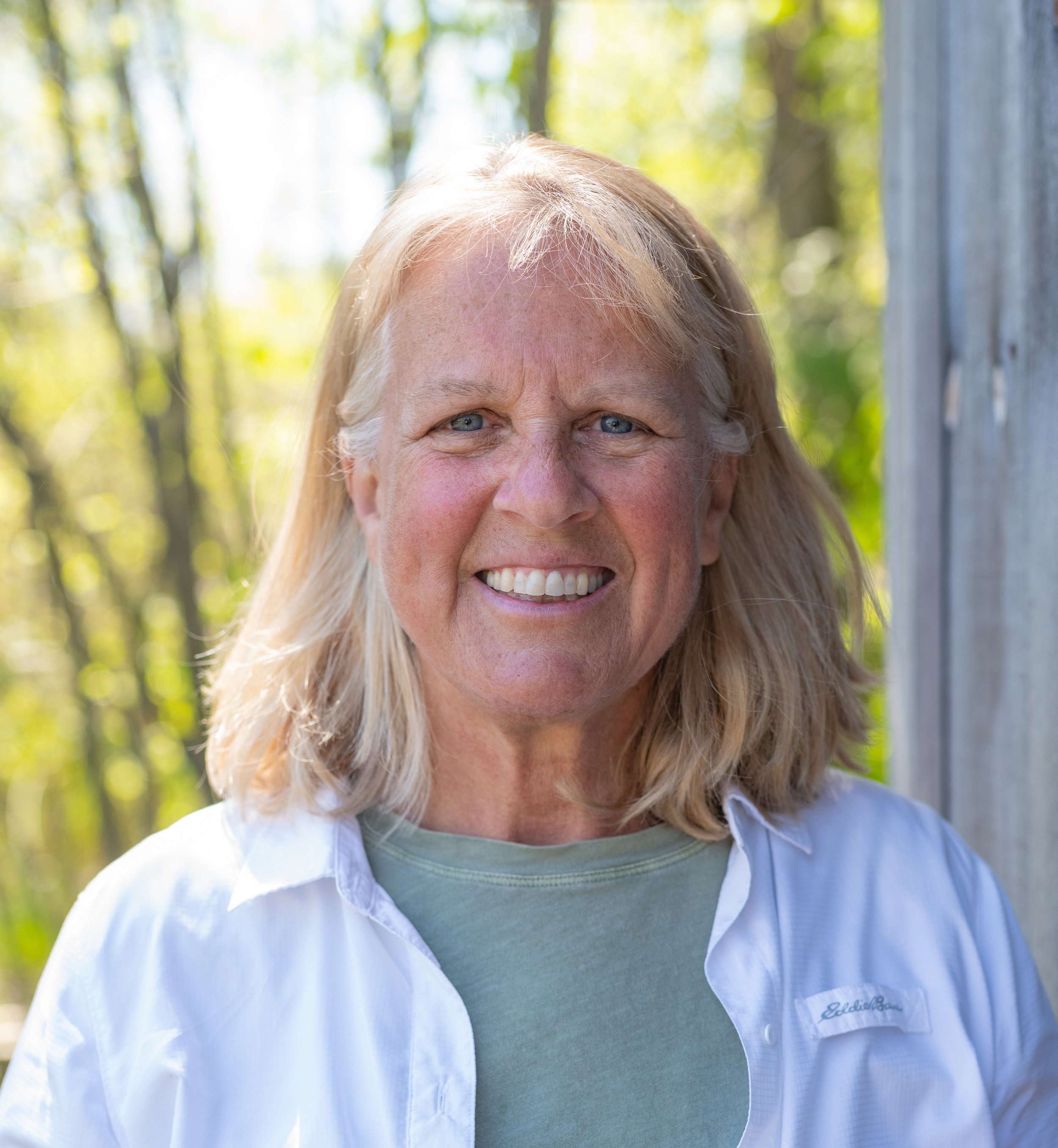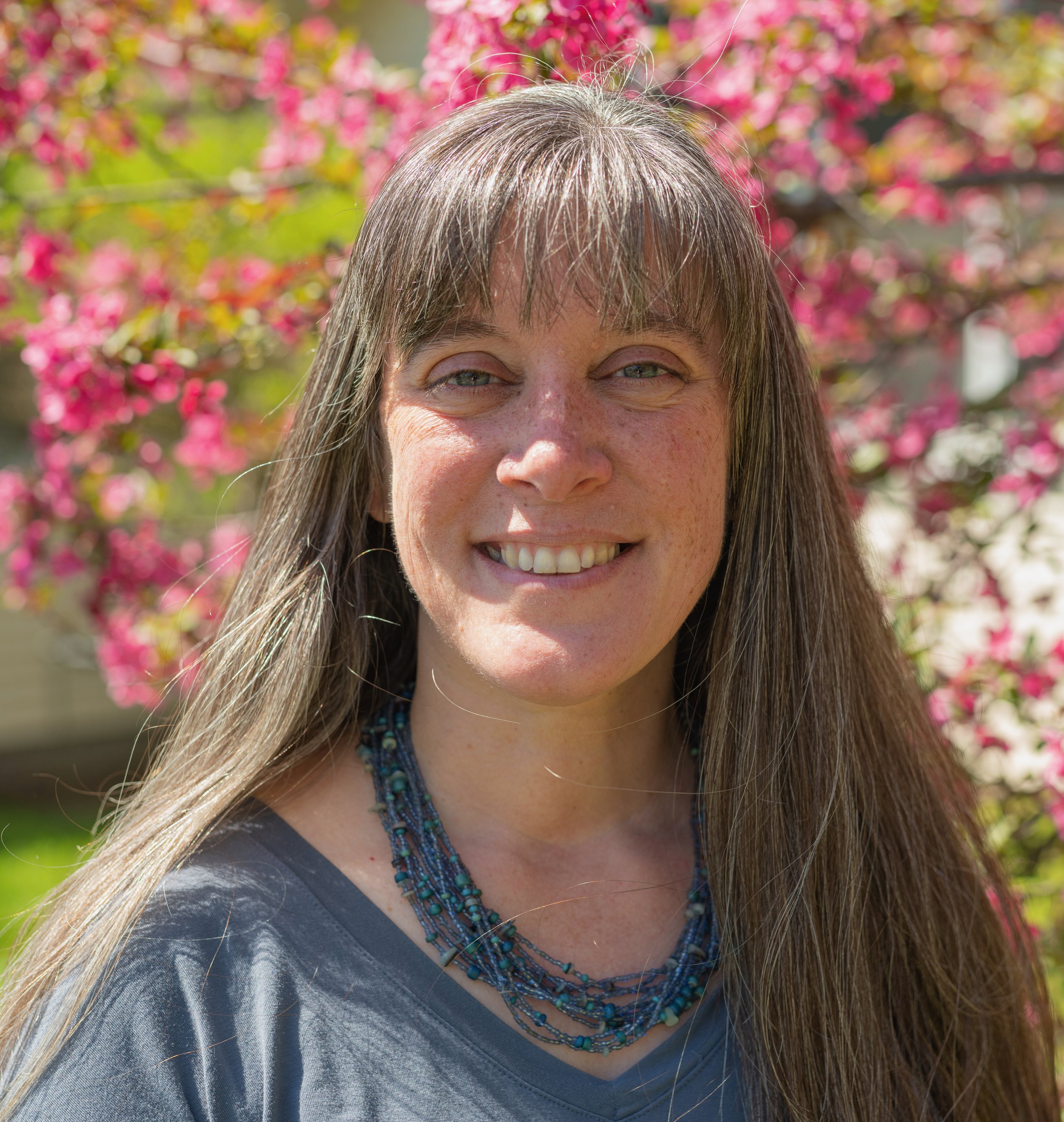Middle School Overview
Middle school meets the student on the cusp of adolescence, as they begin to experience a new feeling of weight and gravity in their bodies.
Our middle school curriculum and programs are designed specifically to meet the unique emotional and social needs of young adolescents. Students are guided through an exceptional integrated curriculum of math, science, humanities, world languages, movement, and the arts – all of which serve to foster independent critical thinking and personal initiative.
Students’ awakening intellects are ready for critical and objective thinking, knowledge of cause and effect, and more refined observation, which they experience in academic main lesson blocks, with themes such as the Renaissance, physics and the history of algebra. Their budding emotional lives blossom through positive and concrete modes of expression, which include the study and writing of poetry, literature and biographies. They experience a dynamic interplay of knowledge of self and the world as they engage in a wide variety of arts – from painting, sculpting, woodworking, orchestra, and chorus to the annual production of a class play.
At Seacoast Waldorf School, the developing adolescent is shown the value of strong human connections and powerful artistic expressions as they craft their own sense of self identity.
Cyber Civics
In 2017, our school implemented Cyber Civics, a digital media literacy curriculum program that teaches students how to use technology in a responsible and ethical way. Students learn life skills they will need to safely and wisely navigate the digital world, helping them to become trustworthy digital citizens. Cyber Civics is a three year program that is usually introduced in the sixth grade. It is loaded with peer-to-peer learning activities that call on critical thinking, ethical discussion and decision making through hands-on projects, problem solving, and role-play.
The first year of the program teaches Digital Citizenship, which is the safe and responsible use of online tools. The second year focuses on Information Literacy, students learn about copyright, plagiarism, fair use, public domain and how to use digital tools to do research. The third year of the Cyber Civics course brings all of these concepts and skills together through Media Literacy for Positive Participation. Students explore fake news stereotypes in media, photoshopped images, online hoaxes and more. The goal being, students will graduate eighth grade with a solid foundation in digital literacy and are encouraged to use technology in positive and productive ways.
